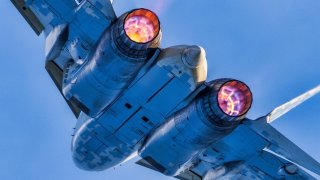Russia's Su-57 Felon Fighter Nightmare Has No End Date
The Russo-Ukraine War has highlighted the shortcomings of the Russian military, including its failure to dominate Ukrainian airspace. One key issue is the limited production of Russia’s fifth-generation Sukhoi Su-57 “Felon” fighter jet.
Summary and Key Points You Need to Know: The Russo-Ukraine War has highlighted the shortcomings of the Russian military, including its failure to dominate Ukrainian airspace. One key issue is the limited production of Russia’s fifth-generation Sukhoi Su-57 “Felon” fighter jet.
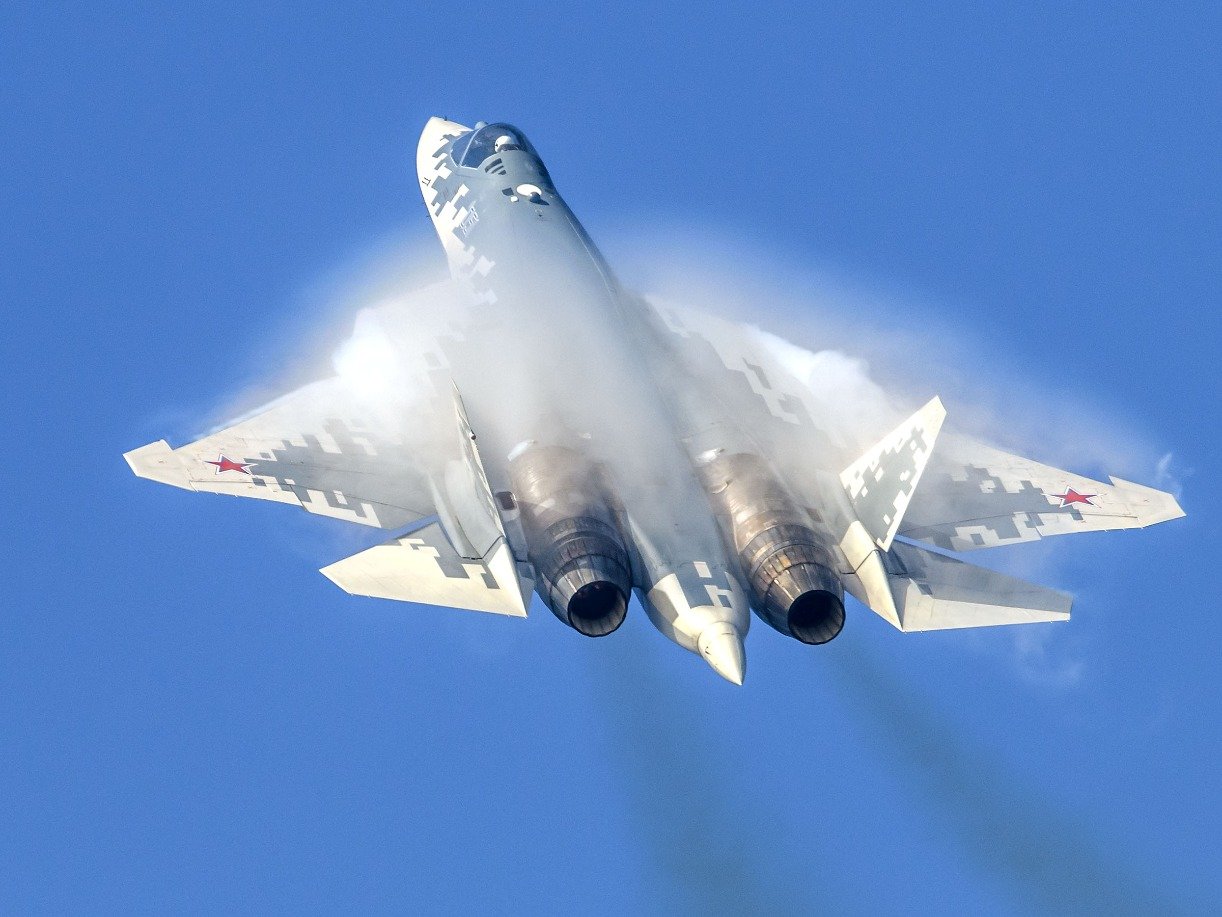
-With only 32 Su-57s delivered since its first flight in 2010, production delays, design flaws, and sanctions have hindered progress.
-Despite these setbacks, the Su-57 is still considered a capable fighter with advanced maneuverability and Mach 2 speeds.
Key Point: Russia is now aiming to double production in 2024, with plans to deliver 76 Su-57s by 2028, though whether this target will be met remains uncertain.
Su-57 “Felon”: Russia’s Struggle to Mass-Produce Its Fifth-Generation Fighter
The Russo-Ukraine War has focused international attention on the capacities of the Russian military. As the war enters year three, the shortcomings of Putin’s forces are evident. One of the greater surprises, from early in the conflict, was Russia’s failure to control the airspace above Ukraine, drawing attention to the jet’s at Russia’s disposal, and the jet’s not at Russia’s disposal. Most notable amongst the latter: The Sukhoi Su-57 “Felon.”
Failure to Launch
Only about 32 Su-57s have been delivered to the Russian Air Force. The fifth-generation multirole fighter first flew in 2010, but in the fourteen years since, production has stalled.
Actually, production didn’t even begin until 2019, reflecting the industrial bottlenecks that have hampered Russia’s war effort.
Myriad setbacks and delays have slowed the Su-57 production – but even the finished product sometimes failed to impress. Here’s Alex Hollings lamenting the design of the Su-57: “Radar cross-sections (RCS) are subject to a great deal of debate online and should always be taken with a grain of salt, but expert assessments of the Su-57 suggest that it boasts an RCS of about .5 square meters – which is about the same as a 4th generation F/A-18 Super Hornet when flying without ordnance and 5,000 times bigger than the F-22 Raptor.” So, the fifth-generation Su-57 is decades behind fifth-generation American fighters with respect to stealth technology.
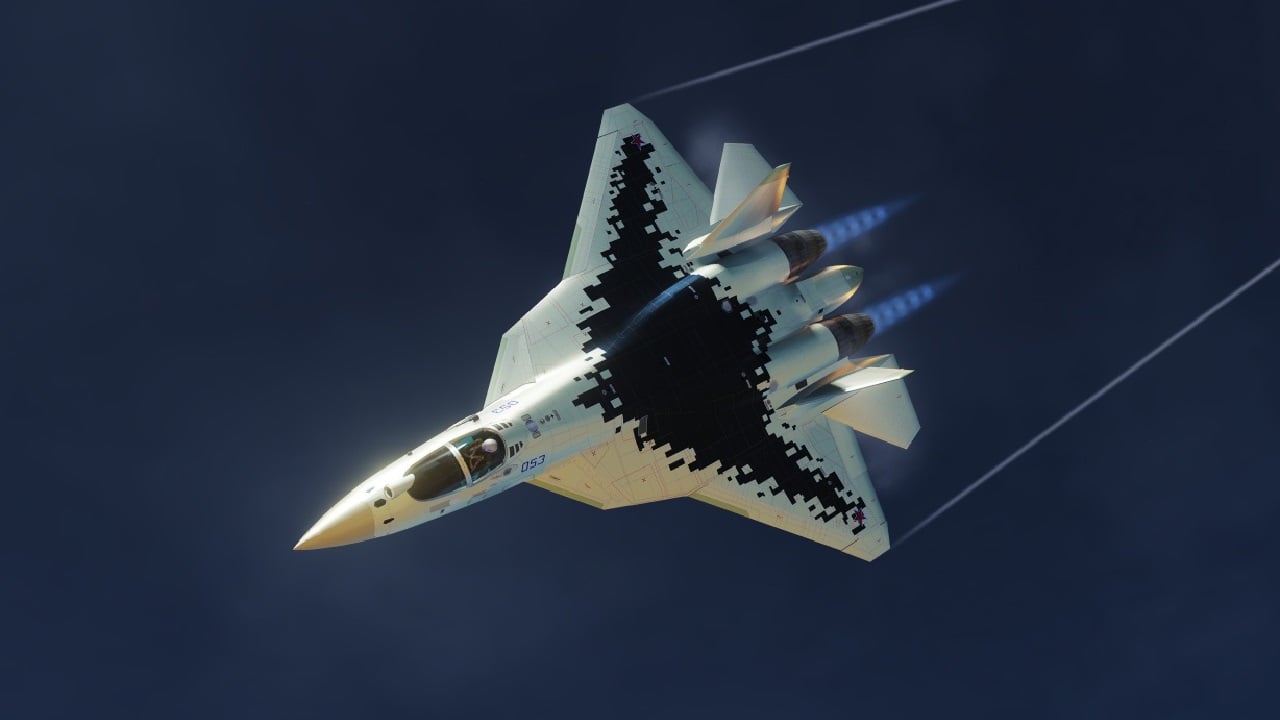
The radar cross-section is hardly the only problem plaguing the Su-57 project. Delays to the Su-57s engine program have forced the new fighter to use the Al-41F1 engines, which are also used in the Su-35S. And as a Rand Corporation study indicated, the Su-57’s sensor suite remains unfinished, too, likely because of international sanctions against Russia imposed after the 2014 invasion of Crimea.
Still, despite a variety of production setbacks, the Su-57 is regarded as a capable fighter, as defense expert Christian Orr notes: “All of these woes plaguing the Su-57 doesn’t mean the F-22 or F-35 pilots – or especially pilots of the 4th generation fighter planes – can afford to take [the Su-57] lightly.”
Most certainly, the Su-57 is still an advanced, modern fighter – with 360-degree thrust vectoring, which allows for sophisticated maneuverability. The Su-57 also tops out at a respectable Mach 2.
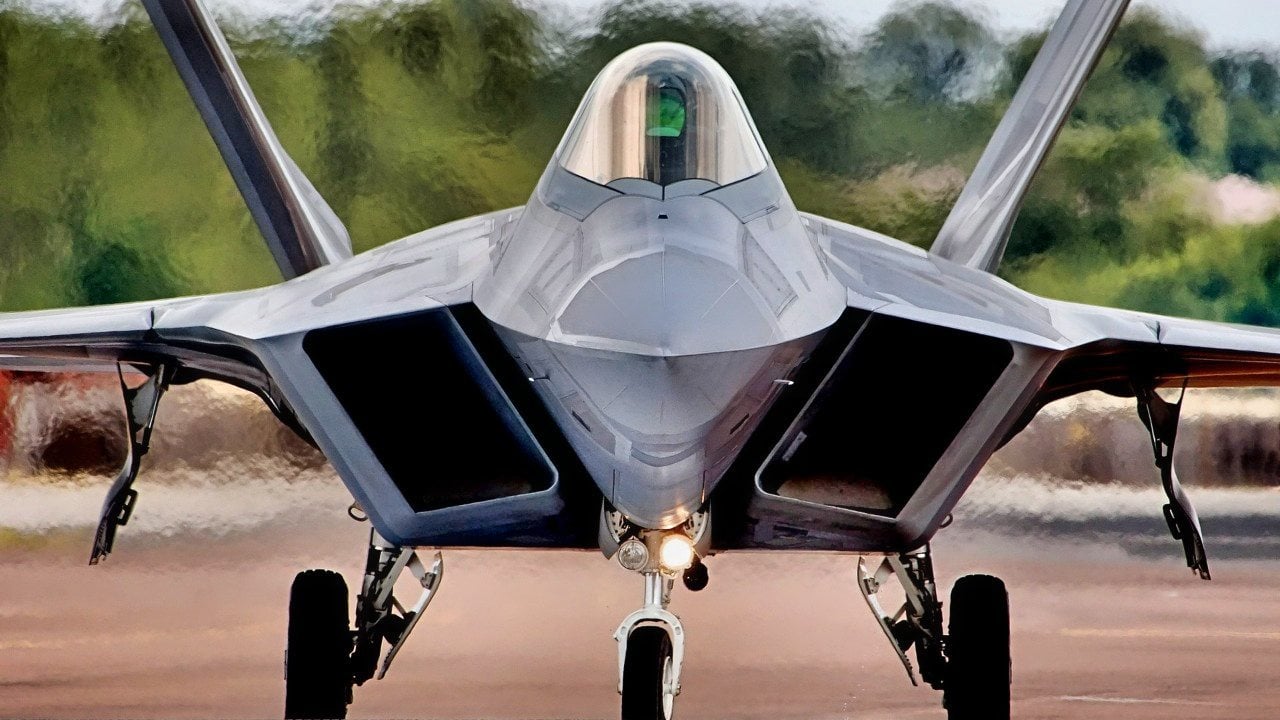
Hope on the Horizon for Su-57?
Despite a failure to produce the Su-57 in sufficient numbers thus far, the Russian Defence Ministry is boasting that the S-57 production rate will be doubled for 2024. “The order for the Su-57 has almost doubled,” said United Aircraft Corporation (UAC) CEO Yuri Slyusar. “The order volume has increased significantly, necessitating even more production work in 2024.”
Slyusar is referring to the 12 Su-57s his company UAC delivered in 2023 – double the number delivered in 2022. The uptick in production could represent a sustainable upward trend; some projections hold that UAC will deliver upwards of 20 Su-57s in 2024, making the Su-57 the most manufactured fighter jet in Russia.
At the moment, 76 Su-57s have been ordered, with delivery expected before the end of 2028. We’ll see if it happens.
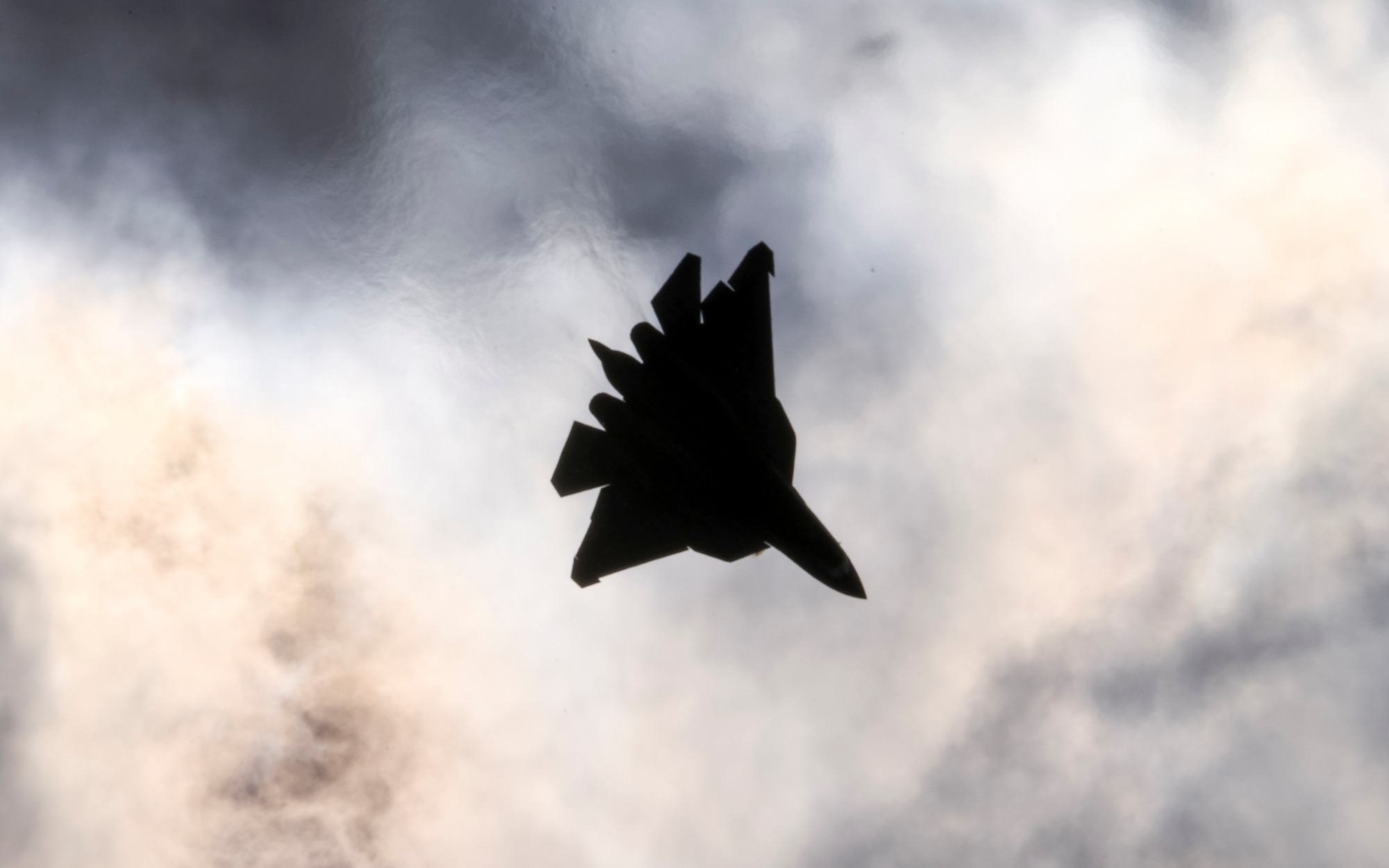
About the Author: Harrison Kass
Harrison Kass is a defense and national security writer with over 1,000 total pieces on issues involving global affairs. An attorney, pilot, guitarist, and minor pro hockey player, Harrison joined the US Air Force as a Pilot Trainee but was medically discharged. Harrison holds a BA from Lake Forest College, a JD from the University of Oregon, and an MA from New York University. Harrison listens to Dokken.
Image Credit: Shutterstock and/or Creative Commons.


